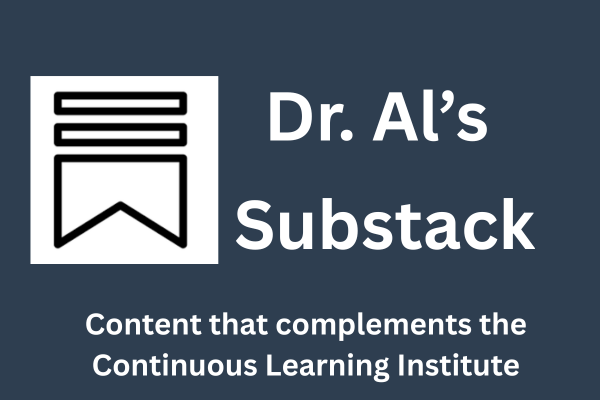Racial Equity & Anti-Blackness with Dr. Frank Harris III

LISTEN TO THE EPISODE:
Learn strategies to address racial equity and anti-blackness in higher education.
In this episode, I interview Dr. Frank Harris III, professor of postsecondary education at San Diego State University.
(Scroll down to access the transcript.)
We discuss the following topics:
5:34:16: Defining equity, racial equity, and anti-blackness.
9:51:15: The student and employee racial equity & anti-blackness experience.
15:43:10: The challenges for females of color in higher ed leadership roles.
19:47:07: Examples where minoritized students don't feel like they belong at the campus.
23:07:00: Strategies to address anti-blackness.
- Webinar: 5 Principles
- 10-point plan (partial list described on 26:58:23)
- Webinar: Addressing Anti-Blackness on Campus: Implications for Educators and Institutions
- All previously recorded webinars: CORA Learning
33:35:21: Advancing racial equity through kindness & pragmatism.
40:36:17: Equity gaps and accountability.
- The three-month implementation challenge
- How equity work is blocked
- Closing equity gaps is not enough
- Accountability at the board level
54:12:16: More strategies to address anti-blackness.
56:40:22: Boxing as a metaphor in racial equity & anti-blackness implementation.
Select Dr. Harris quotes:
"Equity mindedness is really about how you approach your work. The responsibility you assume for addressing and eradicating disproportionally impact is thinking about the folks who you are serving differently, whether those be students or other educators."
"With racial equity we're looking at groups who are disproportionately impacted on the basis of their racial identity such as African-American, Latinx, Southeast Asian, Pacific Islander, and Native Americans."
"Anti-blackness is certainly related to racial equity, but it's in some ways a more intense issue. I describe anti-blackness as having a very deep disdain for black culture, black people, being opposed to any type of black social political progress, anything that liberates and that improves the living conditions of black people."
"The quantitative student data only tells you one piece of the pie. When we examine equity qualitatively, we ask students to tell us, what is your relationship with with other educators here? What are some ways the institution is serving you? What are some ways in which the institution is not serving you well? Do you feel comfortable here? Do you feel like you belong here? Do you see positive representations of yourself in the curriculum that you're studying? These students often articulate a very different experience than their white or privileged counterparts."
"While our research focus has been on the student experience, we also look at the experiences that different educators have. Educators who are from racially minoritized backgrounds: faculty, classified professionals, and executives. In some places they're having a very different experience. They are experiencing racial battle fatigue. They experience racial micro-aggressions, have their experience and their credentials questioned and challenged because of their racial identity."
About Dr. Frank Harris III
Dr. Frank Harris III is professor of postsecondary education and co-director of the Community College Equity Assessment Lab (CCEAL) at San Diego State University. Dr. Harris is best known for his expertise in racial equity in postsecondary education and has made important contributions to knowledge about college student development and the social construction of gender and race in college contexts. His work prioritizes populations that have been historically underrepresented and underserved in education.
He is the co-editor/author of four books. His commentary has been featured in Diverse Issues in Higher Education, The New York Times, The Los Angeles Times, The Chronicle of Higher Education, The Huffington Post, Inside Higher Ed, and CNN. Colleges.
Before joining the faculty at San Diego State, Dr. Harris worked as a student affairs educator and college administrator in the areas of student crisis support and advocacy, new student orientation programs, multicultural student affairs, academic advising, and enrollment services. He holds a doctorate in higher education from the University of Southern California.
About Dr. Al Solano
Al is Founder & Coach at the Continuous Learning Institute. A big believer in kindness, he helps institutions of higher education to plan and implement homegrown practices that get results for students by coaching them through a process based on what he calls the "Three Cs": Clarity, Coherence, Consensus. In addition, his bite-sized, practitioner-based articles on student success strategies, institutional planning & implementation, and educational leadership are implemented at institutions across the country. He has worked directly with over 50 colleges and universities and has trained well over 5,000 educators. He has coached colleges for over a decade, worked at two community colleges, and began his education career in K12. He earned a doctorate in education from UCLA, and is a proud community college student who transferred to Cornell University.
For Dr. Harris workshop inquiries visit: https://drfharris3.com/







